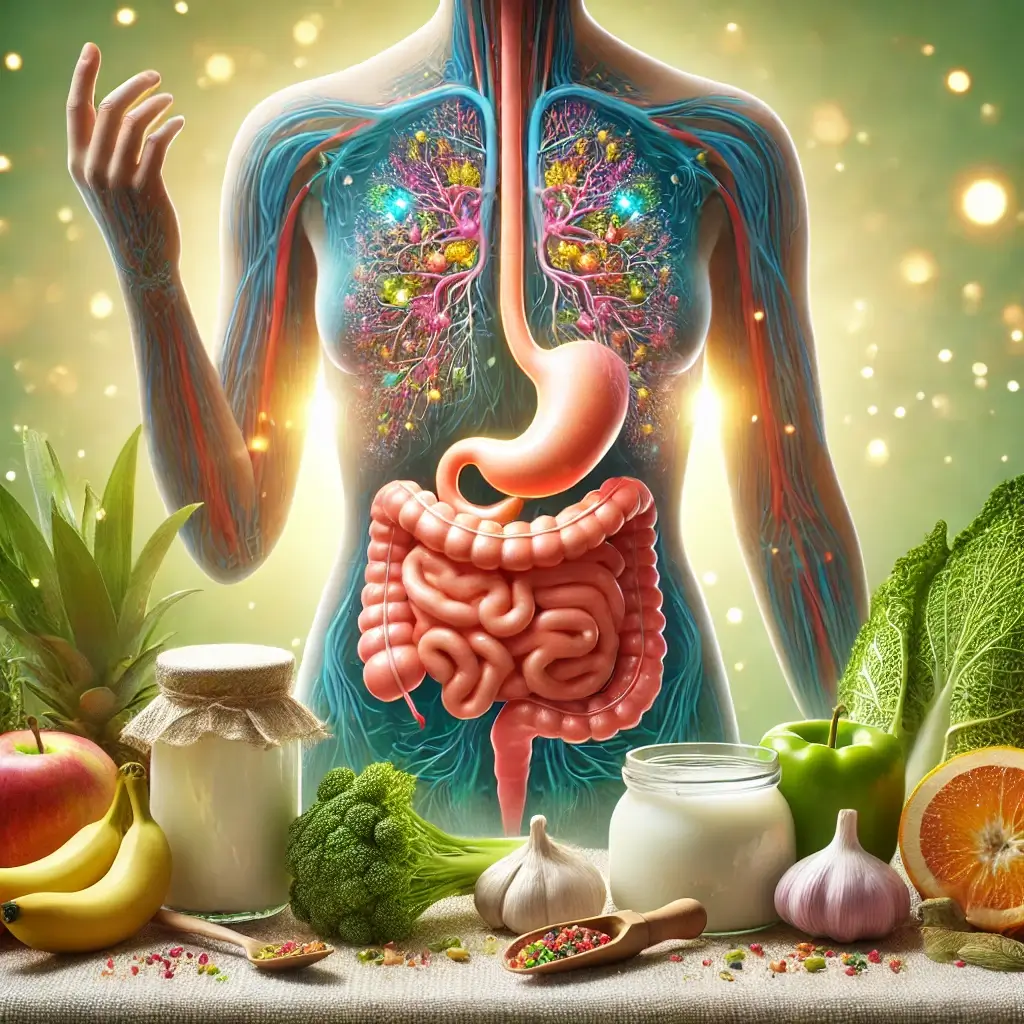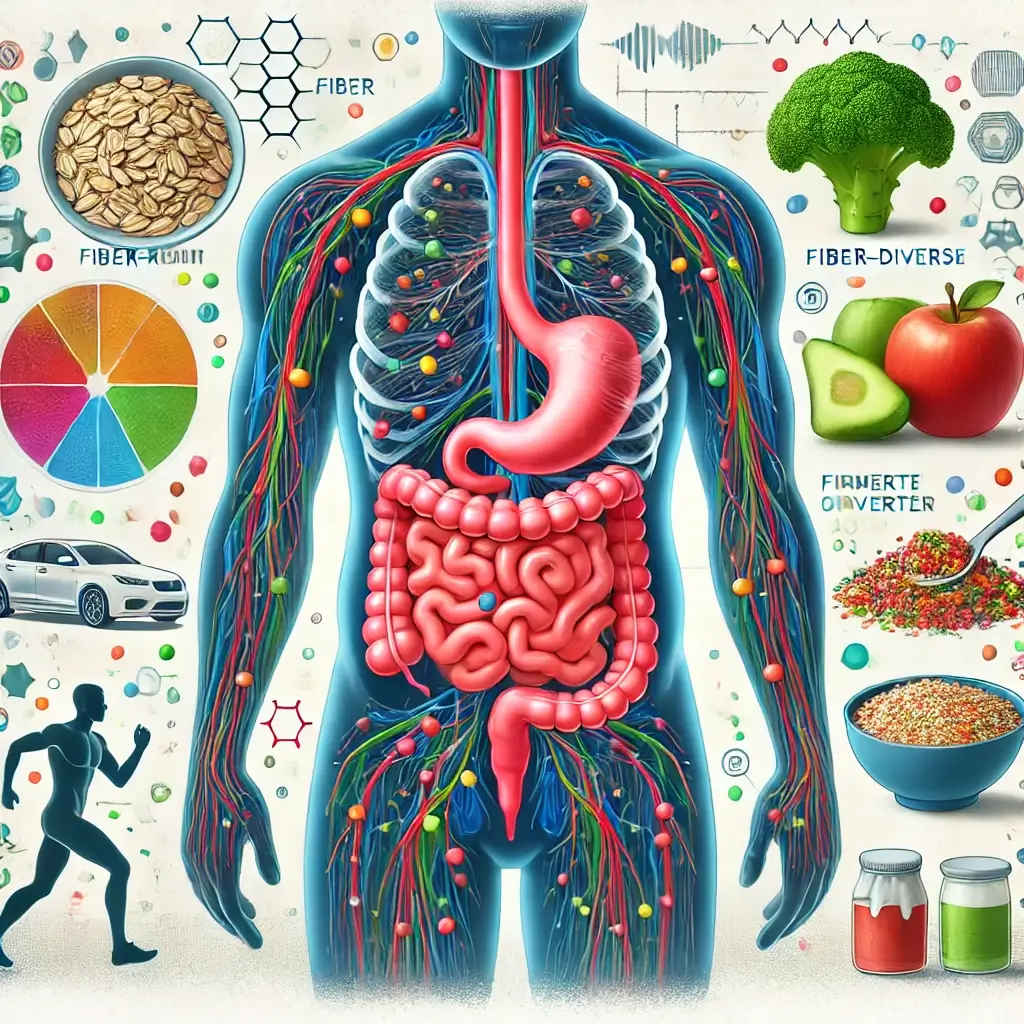The Reasons Why Coffee Causes Detoxification
There are several causes for the gas that coffee induces.
One reason is that coffee contains caffeine, a stimulant that can cause the digestive tract muscles, including the colon, to contract more rapidly. This may facilitate the expedited transit of food and refuse materials within the digestive tract.
Another factor to consider is the presence of chlorogenic acids and N-alkanoyl-5-hydroxytryptamides (5-HTPs) in coffee. Chlorogenic acids have the potential to stimulate gastric acid secretion, thereby facilitating the expedited breakdown of food. Serotonin is a hormone that activates the colon and facilitates digestive movements; 5-HTPs have the potential to enhance its secretion.
The digestive system is one of the many health benefits associated with chlorogenic acids, a polyphenol in numerous foods. More specifically, research has demonstrated that these acids stimulate gastric acid production.
Antioxidant
This increase in gastric acid can facilitate nutrient absorption by promoting food breakdown more rapidly and efficiently. Further research has demonstrated that chlorogenic acids possess antioxidant properties, which may aid in the protection of digestive system cells against free radical injury. In general, consuming foods rich in chlorogenic acids—for instance, blueberries, coffee, and apples—can provide many digestive and health advantages.
As a diuretic, coffee stimulates increased urine production within the body. Facilitating bowel movements more frequently may assist in flushing the digestive tract.
Coffee may also assist some individuals in rousing themselves from bed and stimulating their digestive system. This could be because coffee promotes wakefulness and alertness, which can stimulate the digestive tract.
If coffee causes you to defecate too frequently, reduce your coffee intake or convert to decaffeinated coffee. Regular exercise and a well-balanced diet are additional methods for maintaining a healthy digestive system.
Suggestions to Mitigate Effects
Consider the following strategies to mitigate the laxative effects of coffee:
Consume coffee with a meal. This may aid in decelerating the absorption of coffee’s caffeine and other colon-stimulating compounds. When not hungry, avoid consuming caffeine.
Ensure adequate hydration throughout the day. This can prevent dehydration, an adverse effect that may exacerbate the cathartic properties of coffee.
During the late afternoon, avoid consuming caffeine. This may disrupt the sleep-wake cycle, potentially resulting in constipation.
Attempt to transition to decaffeinated coffee if you have a sensitivity to the cathartic properties of coffee.
Consult your physician if you have any concerns regarding the laxative effects of coffee.













